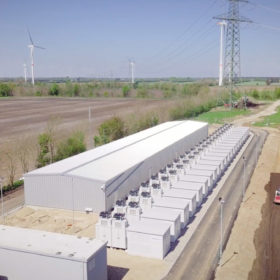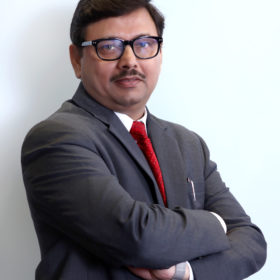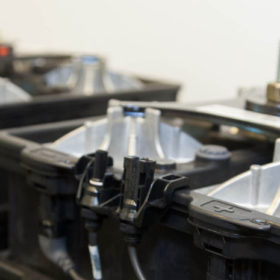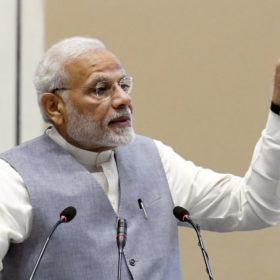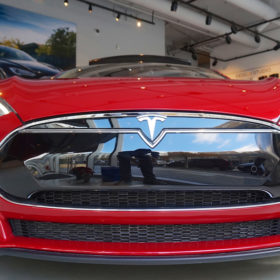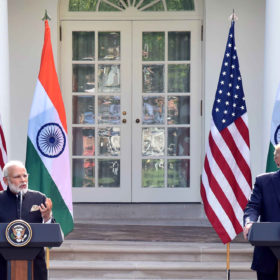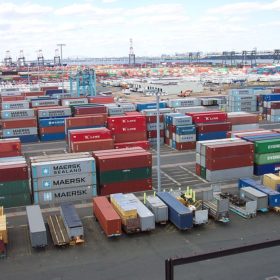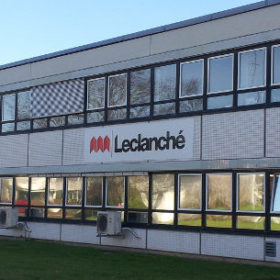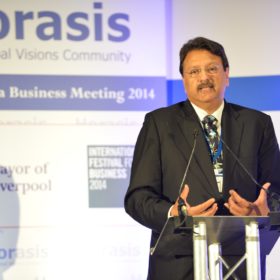The long read: Production ambitions
While China hosts the lion’s share of production capacity for solar modules, many other parts of the world harbor the ambition to build manufacturing industries of their own. Italy’s Ecoprogetti is building production lines all over the world in 2019, and pv magazine had the chance to catch up with the family-owned company’s CEO Laura Sartore, who sees India and the Middle East as the key markets for the PV production equipment business.
Energy storage installations to grow 122-fold by 2040; India among top 3
The global installed capacity will grow from a modest 9 GW/17 GWh as of 2018 to 1,095 GW/2,850 GWh in the next two decades. Just 10 countries will account for almost 75% of the overall gigawatt market, with China, USA, India and Germany leading the pack.
“Let’s compete on quality and innovation”: Vikram Solar CFO
With India losing major solar markets to stiffer competition from cheaper products, it’s high time to change the game by playing on quality and innovation—according to Vikram Solar Chief Financial Officer Rajendra Kumar Parakh, who spoke to pv magazine on the challenge of shrinking markets before Indian solar manufacturers.
Battery maker CATL ramps up investment in German gigafab to €1.8 billion
Previously, a mere €240 million (Rs1,870 crore) was set to flow into the giga-factory. The corporation’s management reasoned new demand for its battery cells made more investment necessary.
Europe announces plans for battery gigafactories
In news that will add urgency to Indian government efforts to establish a domestic storage industry, funding has apparently been secured for 16 GWh-plus production lines in Sweden and Germany. Is India at risk of being left in the starting blocks?
Plug-in hybrid cars have no longevity – stick to pure electric
A report on the prospects for a mooted $2.6tn electric vehicle market over the next decade says PHEVs – part electric, part gas-guzzling – are already losing market share rapidly to pure electric rivals, and will be extinct by 2030.
India’s solar cell exports to USA lose preferential treatment
Having acted against Turkey, the Trump administration has removed India too from the list of nations exempt from import tariffs on solar cells and modules.
Protectionist measures working as Chinese export destinations shift
While the world’s biggest solar manufacturers are confident there are plenty of alternative markets for a rising volume of panel exports, the message spelled out by first-quarter shipment figures is that protectionism works.
Enertrag, Enel and Leclanché commission German storage project
With Leclanché due to open a module and battery pack assembly line in Gujarat alongside JV partner Exide Industries by the end of next month, the Swiss storage solutions company has been active nearer its home market.
India-Canada renewables fund aims for $600m cash pot
A unit of Piramal Group will be investment and project manager for the fund, prompting speculation cash will be spent on assets developed by Mytrah Energy.

